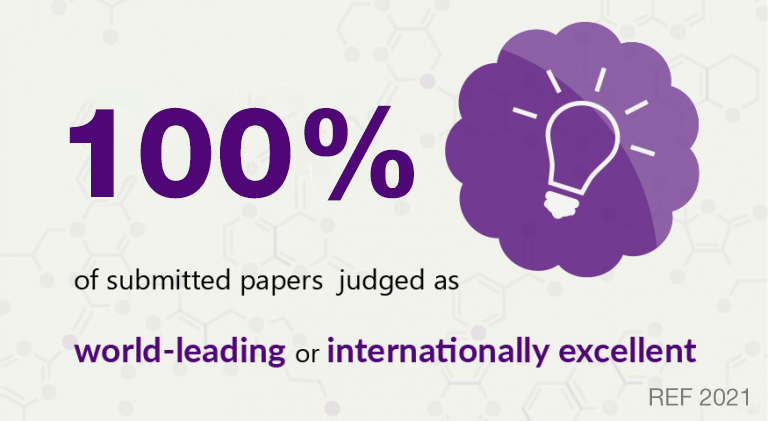MSc Chemical Sustainability
Below are details about this programme for 2024 to 2025. Applications for September 2024 is open now. Further information about UCL graduate programmes can be found on the UCL Graduate degrees page.
The chemical sciences and industrial chemicals sector make significant contributions to the prosperity of society worldwide by developing new products such as pharmaceuticals and materials, including polymers, as well as new technologies. Many goods we buy in everyday life are also reliant on the chemicals industry. However, pollution arising from persistent organic pollutants, plastics and greenhouse gasses release is a major issue associated with chemical industries. Synthesised chemicals are everywhere and can enter the environment through industrial processes or via the consumer and waste disposal. For these reasons we need to tackle sustainable chemicals production, use and disposal. To achieve this, as well as new innovations and regulations, education in chemical sustainability is essential to drive the changes needed.
Degree Structure:
The programme provides an outstanding multidisciplinary training in chemical/biological molecular assembly using methods that have low-environmental impact, use innovative sustainable resources and are energy efficient. A core compulsory taught course will be delivered on chemical/biological sustainable synthesis incorporating the principles of green chemistry, catalysis and renewable resources as well as applications of biocatalysis and synthetic biology together with industrial processes and bioprocesses. This will be accompanied by a core practical research skills course covering chemical techniques and fundamental biosciences and biotechnology to prepare students for their interdisciplinary research projects. A further taught module will include selected chemical topics from existing MSc level chemistry courses such as biosynthesis of proteins and peptides, asymmetric synthesis and advanced catalysis.
Students will carry out a substantial research project on sustainable/green chemistry or chemical biology over a six-month period.
Delivery: MSc students undertake modules to the value of 180 credits.
The programme consists of the following modules:
- Core Concepts in Chemical Sustainability (15 credits)
- Chemical Sustainability Research Skills (15 credits)
- Literature Project (30 Credits)
- Advanced Research Project: Sustainable Chemistry (90 credits)
- Transferable skills for scientists (15 credits)
- Topics in Modern Chemistry (15 Credits)
Please note that the list of modules given here is indicative. This information is published a long time in advance of enrolment and module content and availability is subject to change.
 Close
Close


